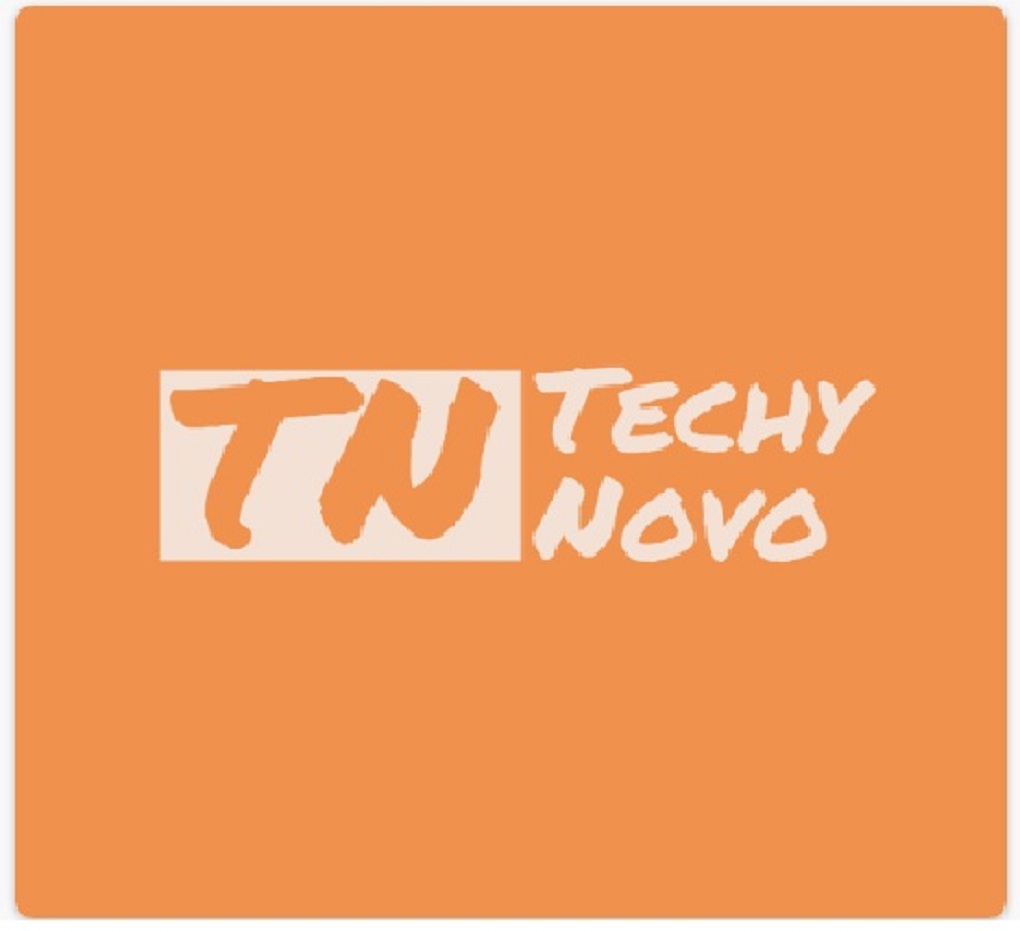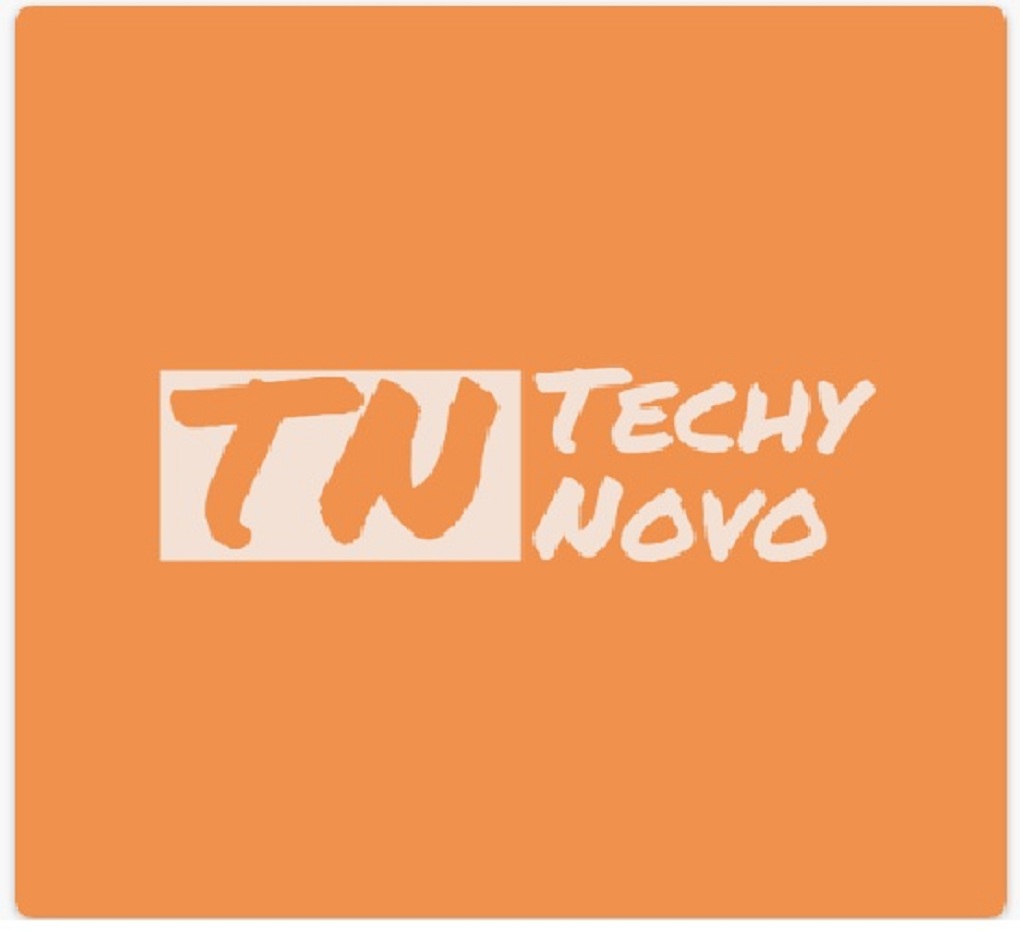Avalanche has quickly become one of the most attractive ecosystems for launching custom Layer-1 chains. With its flexible L1/subnet architecture, high throughput consensus, and growing institutional adoption, many projects are turning to Avalanche as a foundational layer.
But launching an Avalanche L1 requires the right partner for infrastructure, validator management, node automation, and long-term operational support. That’s where Avalanche L1 node providers come in. In this piece, we’ll explore the major players offering Avalanche L1 infrastructure as a service—AvaCloud, Cogitus, and Hypha —and evaluate how they stack up, especially for teams looking to scale securely and efficiently.
1. AvaCloud
AvaCloud is the native launch-as-a-service platform developed by Ava Labs. It’s aimed at teams looking for a no-code, fully managed experience with direct support from their own team. With over 15 mainnets already launched, AvaCloud has proven effective for enterprise-grade projects with structured needs.
The platform offers infrastructure essentials like RPC nodes, explorers, wallet-as-a-service, and 24/7 monitoring. Deployments are SOC 2 certified and tailored for teams with dedicated infrastructure budgets who want a tightly integrated launch experience.
One area where AvaCloud stays more standardized is in its approach to tooling and integrations. While Avalanche L1 stack itself supports a wide range of features—gasless transactions, HyperVM, native token logic, and Avalanche Warp Messaging, KYC—AvaCloud focuses on managing the infrastructure, not much extending it with optional third-party modules or integrations. The platform also does not currently offer direct migration services for teams moving from other blockchain ecosystems.
Recently, AvaCloud announced support for validator node license infrastructure, though the first avalanche Subnets deployment using that feature is still awaited..
So, AvaCloud remains a strong fit for teams prioritizing official support, predictable infrastructure, and rapid deployment timelines—particularly in cases where the standard Avalanche stack is sufficient.
2. Cogitus by Zeeve:
Cogitus by Zeeve has positioned itself as one of the most flexible Avalanche L1 providers in the space—operating independently with a focus on infrastructure automation, optional integrations, and production-grade chain management.
As of today close to 20 Avalanche L1s are launched using their platform. Unlike fixed-path launch services, Cogitus offers a more modular alternative aimed at teams who need control over how their Avalanche L1 evolves.
Their platform provides all the foundational elements expected of a managed provider—no-code deployment, RPC nodes, explorers, wallet services, monitoring, and SOC 2 Type II and ISO-certified infrastructure. But beyond this core layer, Cogitus differentiates through a growing set of ecosystem and operational capabilities.
They support over a dozen integrations relevant to Avalanche L1s, including eERC20 module access, Avalanche relayer support, and third-party tools like Hyperlane for cross-chain messaging, ThirdWeb for tooling, Privado ID for identity layers, Traceye for advanced data indexing, and many more. These tools can be enabled as part of the deployment process and are especially useful for teams building sophisticated applications across verticals.
The company also offers a validator node license sales infrastructure that’s already in production use—paired with co-marketing and go-to-market support for projects looking to decentralize validation and grow early community traction.
Where Cogitus stands out most is in migration and cross-stack expertise. Having worked extensively with Cosmos SDK chains, Substrate-based parachains, and Ethereum rollup stacks, the Zeeve team provides hands-on migration support for projects moving to Avalanche L1s with no data loss and zero downtime, as they claim.
With a dedicated Avalanche management dashboard, 24/7 monitoring, SLAs, alerts, and notifications, real-time BI charts through their dedicated data indexer Traceye, Cogitus’s offering is suited for teams with ongoing operational requirements and multi-chain experience. It appeals to projects that want Avalanche L1 infrastructure that can grow, integrate, and scale on their own terms.
3. Hypha (Formerly Go Go Pool):
Hypha began as Go Go Pool, a liquid‑staking and mini‑pool mechanism for Avalanche validators, which enabled new L1 launches by deploying validator nodes with reduced stakes and community staking, allowing smaller participants to contribute to Avalanche network security and validator growth.
Recently, they rebranded to Hypha and positioned themselves as an infra‑as‑a‑service partner for Avalanche L1s—handling validator sales, staking mechanics, node ops, and community coordination. However, their L1 launchpad appears currently inactive—on their website, L1 services remain in maintenance mode long-term; only staking-related services and legacy Avax staking are live.
Today, Hypha continues to support validator sales, staking infrastructure, and community engagement tools, but is not offering full-stack L1 deployment or chain management services. Their contribution remains relevant to teams focused on decentralizing validator sets or experimenting with AVAX-based staking layers, but they are not currently positioned as an L1 infrastructure provider in the active sense.
What About Gelato?
Gelato—best known for its RaaS offering—briefly signaled intentions to offer Avalanche L1 launch support, as seen in a March 2025 Avalanche tweet. However, there’s been no public rollout, no follow-up clients, and no offering listed on their current product site.
It's safe to assume Gelato has backed away from Avalanche L1s and is now focused fully on rollup-as-a-service solutions, where they continue to be active.
Final Thoughts
Avalanche’s L1 infrastructure layer is maturing—and with it, the expectations from launch partners are evolving. Builders today want ecosystem-ready infrastructure, migration support, cost-effective scaling, and active go-to-market help.
Cogitus by Zeeve is arguably the most well-rounded option for builders who want it all—flexibility, integrations, migration, and validator infra in one package.
AvaCloud remains the reliable, official launchpad for enterprise-grade chains that prefer a streamlined experience.
Hypha continues to play an important role in validator economics and staking dynamics, even as it steps back from active L1 launch services.
In the end, the right provider depends on where you're starting from and what your roadmap looks like.





